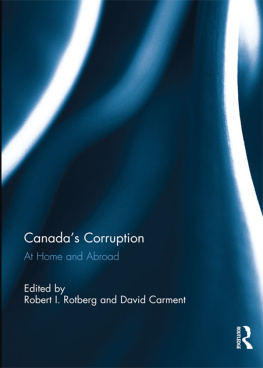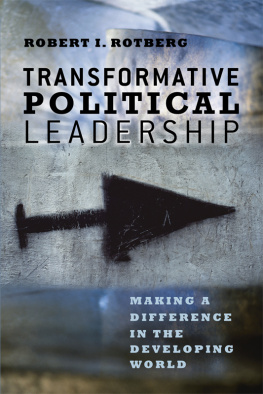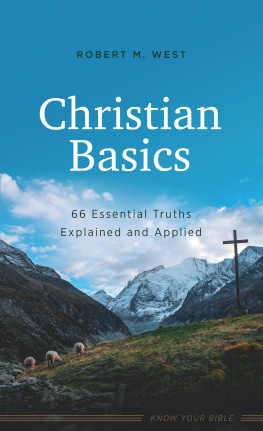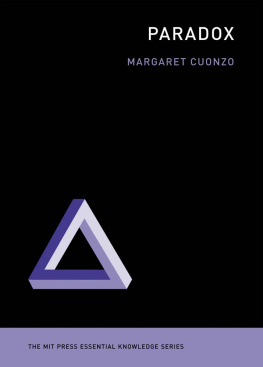Robert I. Rotberg - Anticorruption (The MIT Press Essential Knowledge series)
Here you can read online Robert I. Rotberg - Anticorruption (The MIT Press Essential Knowledge series) full text of the book (entire story) in english for free. Download pdf and epub, get meaning, cover and reviews about this ebook. year: 2020, publisher: MIT Press, genre: Politics. Description of the work, (preface) as well as reviews are available. Best literature library LitArk.com created for fans of good reading and offers a wide selection of genres:
Romance novel
Science fiction
Adventure
Detective
Science
History
Home and family
Prose
Art
Politics
Computer
Non-fiction
Religion
Business
Children
Humor
Choose a favorite category and find really read worthwhile books. Enjoy immersion in the world of imagination, feel the emotions of the characters or learn something new for yourself, make an fascinating discovery.

- Book:Anticorruption (The MIT Press Essential Knowledge series)
- Author:
- Publisher:MIT Press
- Genre:
- Year:2020
- Rating:5 / 5
- Favourites:Add to favourites
- Your mark:
- 100
- 1
- 2
- 3
- 4
- 5
Anticorruption (The MIT Press Essential Knowledge series): summary, description and annotation
We offer to read an annotation, description, summary or preface (depends on what the author of the book "Anticorruption (The MIT Press Essential Knowledge series)" wrote himself). If you haven't found the necessary information about the book — write in the comments, we will try to find it.
Anticorruption (The MIT Press Essential Knowledge series) — read online for free the complete book (whole text) full work
Below is the text of the book, divided by pages. System saving the place of the last page read, allows you to conveniently read the book "Anticorruption (The MIT Press Essential Knowledge series)" online for free, without having to search again every time where you left off. Put a bookmark, and you can go to the page where you finished reading at any time.
Font size:
Interval:
Bookmark:
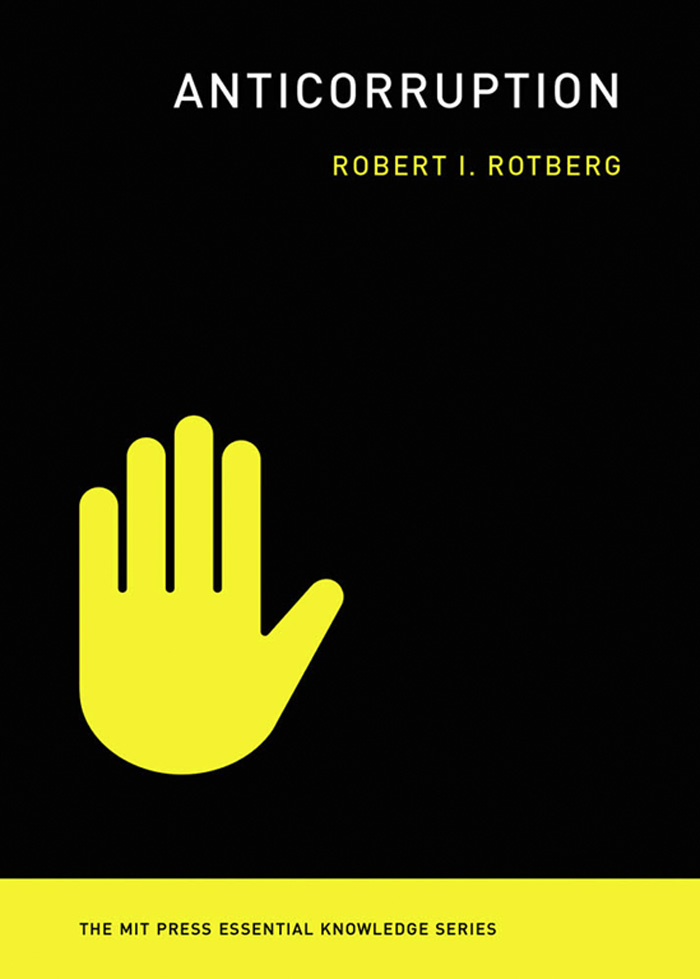

The MIT Press Essential Knowledge Series
A complete list of the titles in this series appears at the back of this book.
Robert I. Rotberg
The MIT Press | Cambridge, Massachusetts | London, England
2020 Massachusetts Institute of Technology
All rights reserved. No part of this book may be reproduced in any form by any electronic or mechanical means (including photocopying, recording, or information storage and retrieval) without permission in writing from the publisher.
This book was set in Chaparral Pro by Toppan Best-set Premedia Limited.
Library of Congress Cataloging-in-Publication Data
Names: Rotberg, Robert I., author.
Title: Anticorruption / Robert I. Rotberg.
Description: Cambridge, Massachusetts : The MIT Press, [2020] | Series:
The MIT Press essential knowledge series | Includes bibliographical
references and index.
Identifiers: LCCN 2019032467 | ISBN 9780262538831 (paperback)
Subjects: LCSH: Political corruptionase studies. | Political
corruptionPreventionCase studies.
Classification: LCC JF1081 .R6827 2020 | DDC 364.1/323dc23
LC record available at https://lccn.loc.gov/2019032467
10 9 8 7 6 5 4 3 2 1
d_r0
The MIT Press Essential Knowledge series offers accessible, concise, beautifully produced pocket-size books on topics of current interest. Written by leading thinkers, the books in this series deliver expert overviews of subjects that range from the cultural and the historical to the scientific and the technical.
In todays era of instant information gratification, we have ready access to opinions, rationalizations, and superficial descriptions. Much harder to come by is the foundational knowledge that informs a principled understanding of the world. Essential Knowledge books fill that need. Synthesizing specialized subject matter for nonspecialists and engaging critical topics through fundamentals, each of these compact volumes offers readers a point of access to complex ideas.
Corruption is an insidious cancer of nearly all bodies politic. Corrupt practices harshly cut across classes and castes, disturb institutions, destroy communities, and infect the very structure of peoples lives. Corruption corrodes nations, even the most advanced, and saps their moral fiber. Moreover, corruption is invasive and unforgiving. It degrades governance, distorts and criminalizes national priorities, and privileges skimming natural resource wealth, patrimonial theft, and personal and family gains over concern for the commonweal.
Much of the globe is infected with corruption, sapping as much as 3 percent of annual per capita GDP in large swathes of Africa, Asia, and Latin America. Even North America is hardly immune. The World Bank says that $1 trillion or more is lost each year to corruption, globally.
The corruption complaint has become central to citizens concerns almost everywhere in the world. Charges and countercharges surge across social media; politicians accuse their competitors of corrupt behavior. Elections are regularly contested with corruption as a fundamental theme, as we have seen recently in such diverse nations as Argentina, Brazil, Canada, El Salvador, Hungary, India, Israel, Italy, Kenya, Malawi, Mexico, Nigeria, Pakistan, South Africa, Thailand, Zambia, and Zimbabwe. Cries against corruption in national political life are also heard in China and the United States. Corruption, in sum, is among the key overriding issues of our age.
Conquering corruption, or at least moderating political or corporate corrupt behavior, helps underprivileged peoples to prosper and to begin to experience substantially better human outcomes. Combating corruption is among the important initiatives that materially strengthens overall human outcomes.
Fortunately, we now know how best to battle against corruption, and what measures work and what ones do not. We know that altering collective behavior provides lasting answers to the corrupt imperative. We also know now that committed leadership is critical to drives against corruption. Strengthened institutions come after national leaders have enunciated and presided over an emerging political culture antithetical to continued corruption. That is, institutions alone cannot counter corrupt practices unless leaders exercising political will have socialized their citizens to accept a political culture of probity. This book sets out these propositions at length, and argues against older theories of how and why corruption exists, the primacy of institutions, and how corruption can best be diminished in public and corporate life.
This addition to the Essential Knowledge book series characterizes the various destructive practices of corruption worldwide, and epitomizes how corrupt practices have been and can be reduced. Ideally, this book will serve as a Baedeker for reformers as well as opinion shapers and opinion makers. It is written for the informed general reader, but also for scholars and researchers, and for students who want to understand the dangerous ills of our modern society and how best to remedy them.
This books first chapter explains what corruption is, in theory and practice, and how scholars and practitioners have described the affliction and its baleful consequences. The second chapter discusses how we measure corruption, and thus how we compare countries against each other in terms of their respective amounts of corruption. The third chapter explains how the Nordic nations, New Zealand, and Canada, now all rated among the least corrupt in the world, were once overflowing with corrupt practices, and how those were moderated and then largely extinguished. Chapter 4 extends the examination of how nations shifted from the corrupt to the noncorrupt sides of the ledger in South America and Central America, and particularly to the modern cases of Uruguay, Chile, and Costa Rica, the least corrupt governments in Latin America.
Chapter 5 begins a detailed series of analyses about the role of various kinds of legal and judicial systems in curtailing corruption. Chapter 6 looks at the role of auditors, ombudspersons, investigative free media, and other exemplifications of transparency and accountability. It also discusses the difference between public and private corruption, and how multinational corporations can become effective antagonists of corrupt behavior. Chapter 7 shows how accountability can be enhanced through the use of technological advances, such as cell phones, webcams, blockchains, biometrics, opinion polling, and the like.
The eighth chapter of the book details a strong case that responsible political leadership is essential to combat corruption successfully. Without sufficient political willa hitherto-understudied componentand wise disruptions of existing societal patterns, corruption simply continues. Since corruption starts from the top, good political leadership matters, especially in the United States, which is discussed. The final chapter of the book draws from the eighth and earlier chapters to provide a bold thirteen-step recipe for anticorruption success.
This book builds constructively on my The Corruption Cure (2017) and my edited Anticorruption: How to Beat Back Political and Corporate Corruption, which was a special issue of Daedalus (2018). Both volumes advance detailed arguments about how to struggle against the abiding curse of corruption and to reduce its toll on the globes peoples. This bookand those earlier effortsexamines what has worked against the corrupt disorder in the past (even in nineteenth-century Scandinavia and the antipodes) and the varied policies that are succeeding now in a few exemplary modern countries. It discusses the central roles in anticorruption endeavors of governance and leadership, investigative commissions and free media, judicial independence and strong rules of law, corporate integrity, international institutions and legal arrangements, and innovative technological solutions.
Next pageFont size:
Interval:
Bookmark:
Similar books «Anticorruption (The MIT Press Essential Knowledge series)»
Look at similar books to Anticorruption (The MIT Press Essential Knowledge series). We have selected literature similar in name and meaning in the hope of providing readers with more options to find new, interesting, not yet read works.
Discussion, reviews of the book Anticorruption (The MIT Press Essential Knowledge series) and just readers' own opinions. Leave your comments, write what you think about the work, its meaning or the main characters. Specify what exactly you liked and what you didn't like, and why you think so.

